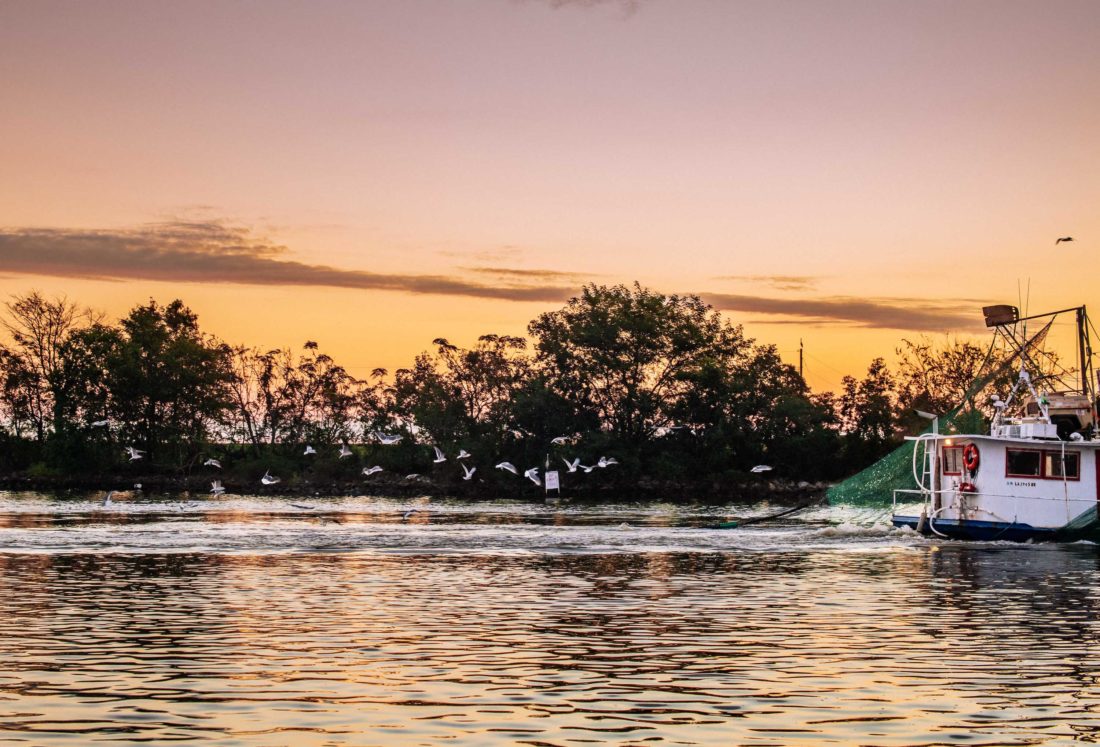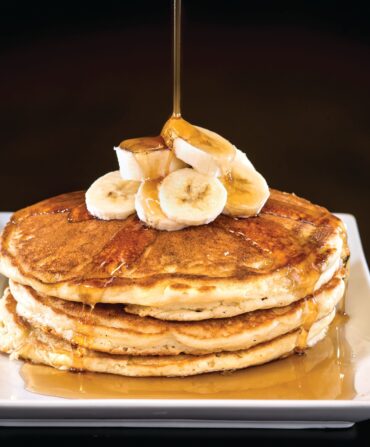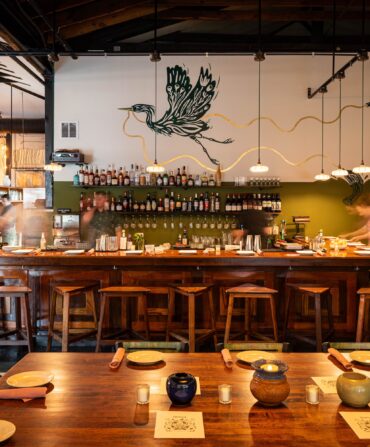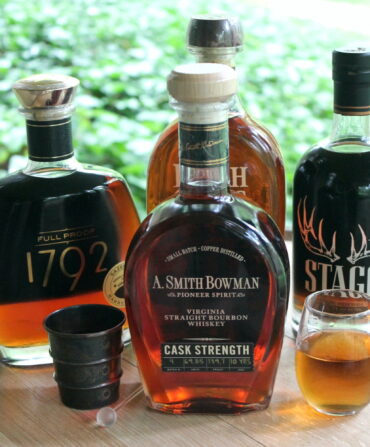While bracing for the threat of hurricanes, my mom and I watch the news together and collectively worry by phone. We have a tendency to update each other every time a new coordinate appears, she at the home she’s shared with my father for the last 52 years on Bayou Petite Caillou in Chauvin, Louisiana, and me at my house in New Orleans.
As far back as we can trace, our people made their living fishing the barrier waters of South Louisiana, and my dad, grandfathers, uncles, and first and second cousins now carry on the tradition. Someone recently asked me if the fishing industry here was corporate yet, alluding to changes in the fishing industries around the country and world. I answered promptly: Our industry is still made up of families. Growing up on boats and seafood docks, I received an intimate education of the industry, and I took that knowledge and translated it into Mosquito Supper Club, a seafood restaurant in New Orleans and a cookbook by the same name. I work with a small handful of fishing families, and as a chef, I am committed to putting a community of people’s work on plates.
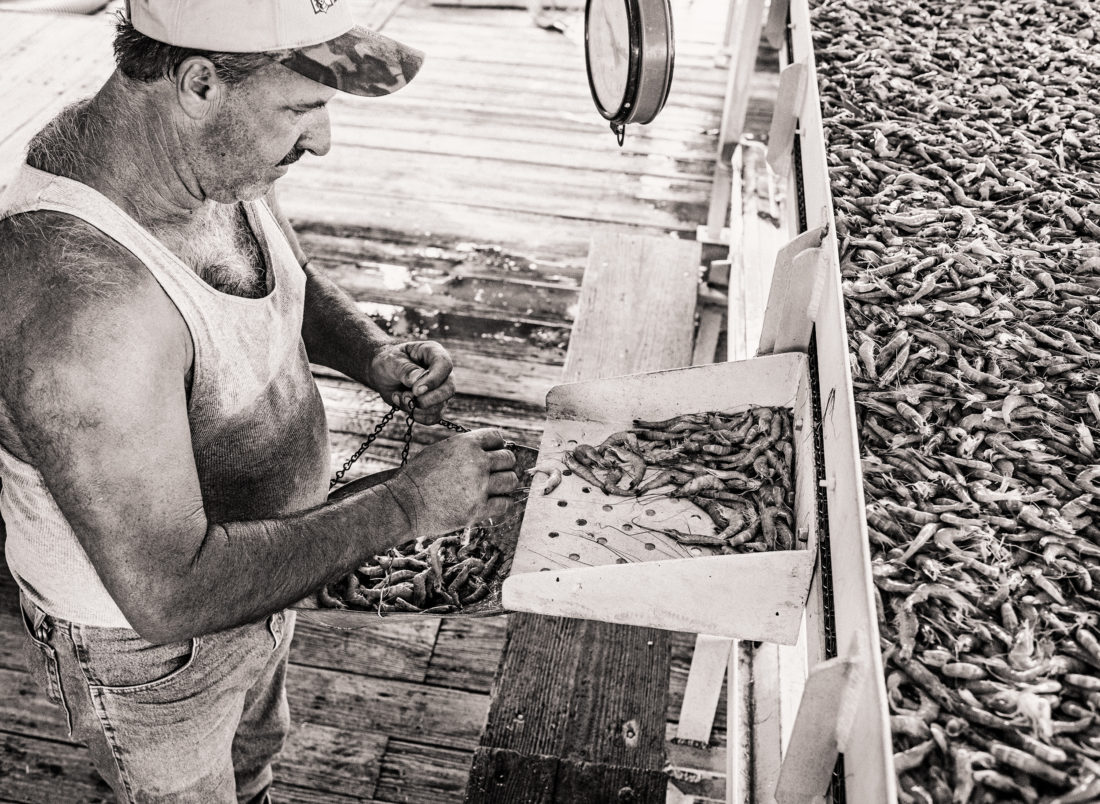
Shrimpers fish by the moons and by seasons dictated by the Louisiana Department of Wildlife and Fisheries. When lines are opened, shrimpers ready their boats and head out before and after the new and full moons. This is when the shrimp are giving. The water must be clean and not full of debris for a successful harvest. Shrimpers must have a healthy boat, be able to access the waters, and not be trapped on the other side of flood gates. And even though it worked for Forrest Gump, you can’t shrimp in a hurricane.
As Hurricane Laura drifted south of the mouth of the Mississippi River a few weeks ago, my mom and I sat on the phone together and watched as a journalist broadcast the impending damage to our little fishing community. Beside the massive flood gates, the new levee protection structures, we could see water lap over a family graveyard. Irony and a ghost from the past, the family plot was for my great-great grandfather, an oyster fisherman whose entire family—wife and five children—perished in an unnamed hurricane many moons ago. When the hurricane approached, he was tending his oyster beds and couldn’t make it back home in time. He tied his boat to a tree and rode out the storm in Bayou Sale. When he returned, his family was gone. He found their bodies in the marsh, built wooden coffins, and buried them in a tiny plot that now butts up against an engineering feat that still tries to protect the people of South Louisiana from the ever-present threats of flooding.
The western portion of the state did take a devastating hit from Hurricane Laura, wiping out fishing fleets, homes, schools, and businesses. Folks there are still struggling for the basic necessities of food, water, electricity, shelter, clothes, and cell service. Some evacuated and came home to splintered wood in place of homes. The scope of the damage is massive and unimaginable from afar, with Covid still looming and unemployment a real and pressing issue.
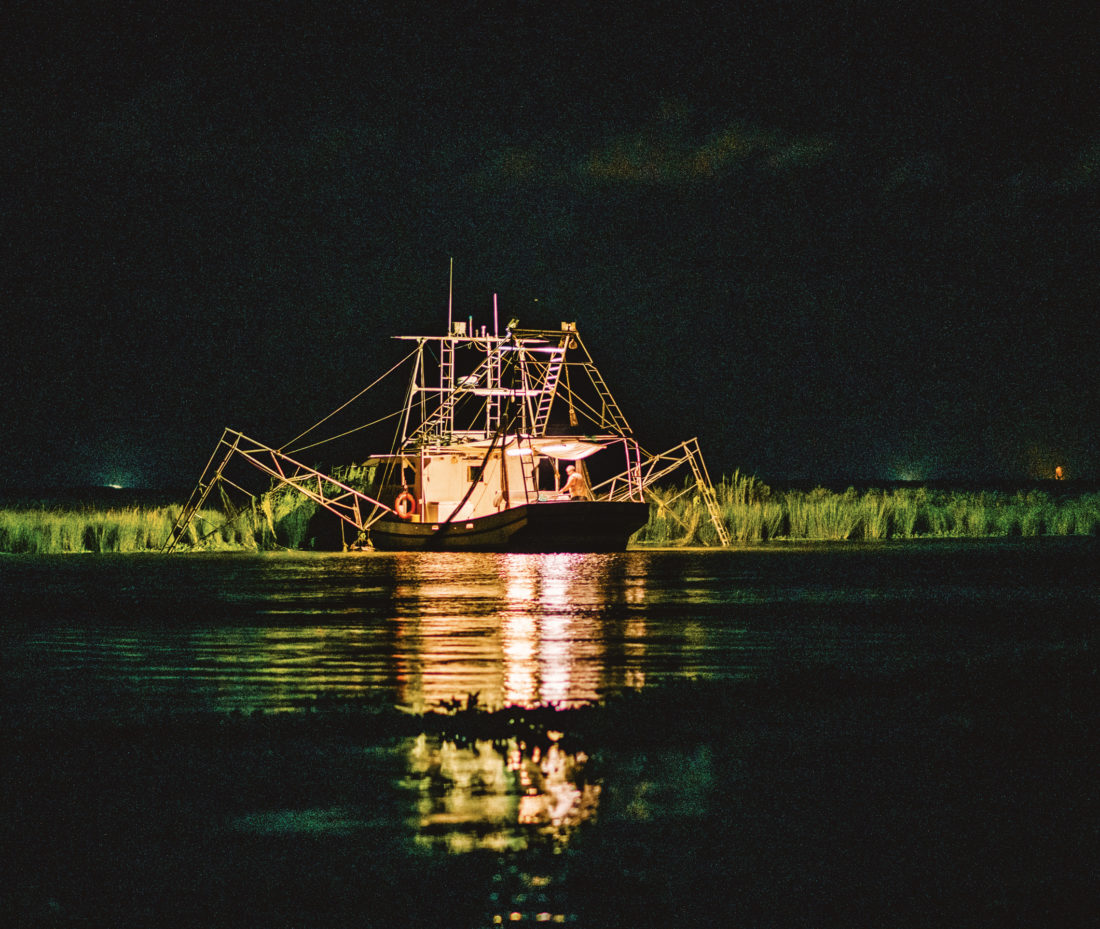
The tiny fishing communities in Terrebonne Parish, where my parents live, were spared this time, and shrimping and fishing resumed there. But folks in Louisiana will be struggling hard to recover from these losses for years to come. (Families have been contending with hurricanes in South Louisiana for centuries, but the threats seem to grow in strength and frequency as we no longer have massive marshes to absorb some of their intensity. Coastal erosion has seized land, islands, and marsh the size of Delaware.)
Even before Laura ravaged Cameron Parish, shrimpers were already dealing with supply chains affected by Covid. Restaurants buy large quantities of shrimp, but with restaurants in dire straits, fishermen desperately need to move shrimp. Large-scale disaster relief and feeding initiatives should take advantage of Louisiana seafood, and there are also direct relief funds to help fishermen survive this time, including one through Cameron Parish’s Lions Club. For home cooks, there is no time like the present to go online and order Gulf shrimp straight from purveyors, like Anna Marie seafood, which sells shrimp from the waters I grew up on.
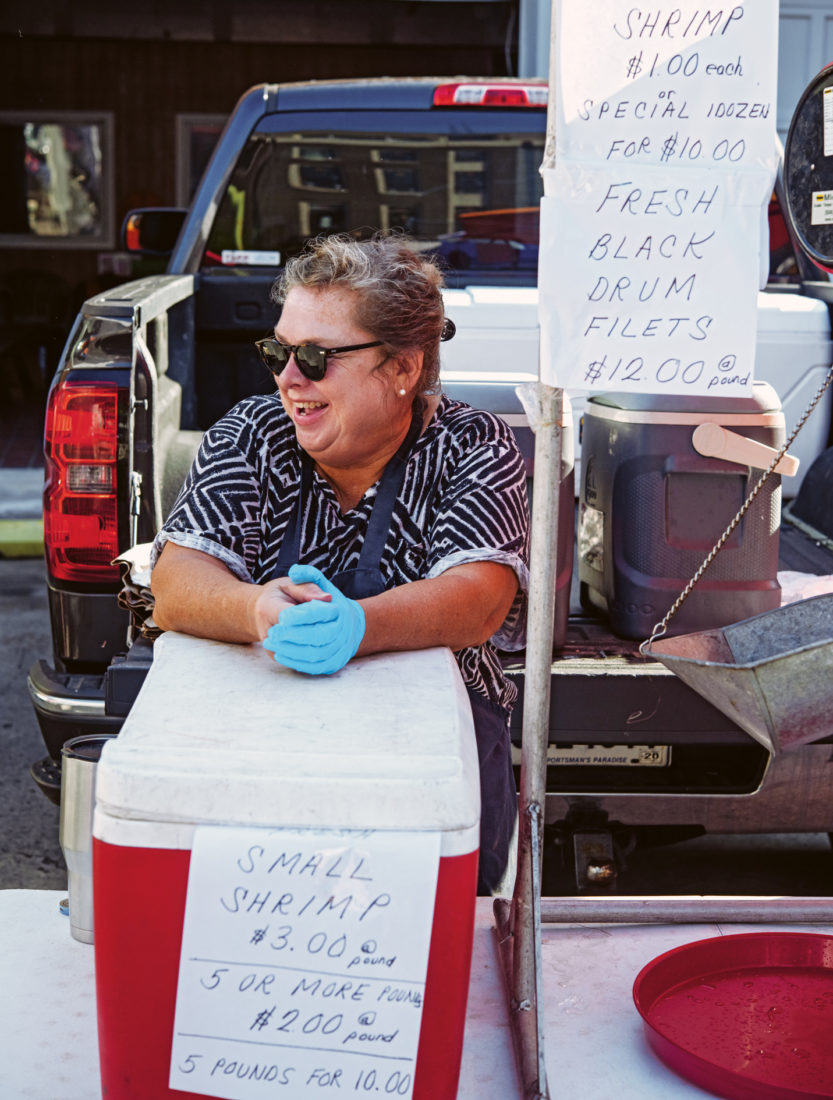
As shrimp season winds down this fall, shrimpers hang up their nets for a short break and hunt alligator, ducks, and deer. Fall weather means oysters are at their best and ready to harvest. These twin fevers, the love of the water and the land, will continue to be passed down to the next generations because we are a resilient people, always reflexive of our seasons and our place in the world. There’s a natural rhythm of living on the bayou and feeding yourself from your surroundings. We are aware of the ebb and flow of Mother Nature, the water our light and dark shadow and a place like no other that we call home.
For me, the change in the seasons means a menu change for the restaurant. I anticipate simmering pots of oyster soup and duck gumbo for my guests, and then helping myself to wild duck and redfish from my parents’ oversized chest freezer on the bayou. And everyone will breathe a sigh of relief come November 1, when the threat of hurricane season has passed.



